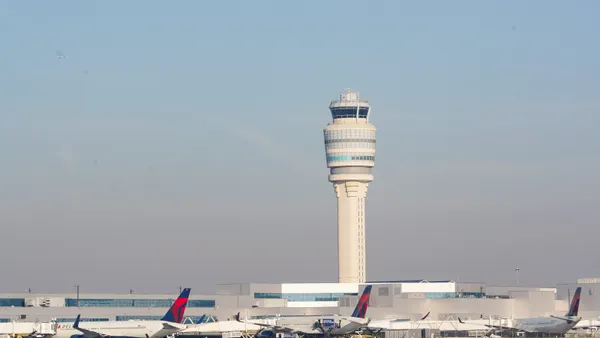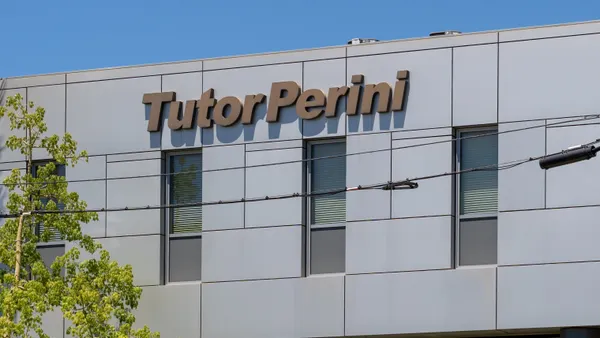Dive Brief:
-
Massachusetts Bay Transportation Authority officials, in advance of a November informational forum, have put out a call for design-build teams interested in bidding on Boston's scaled-down, $2.3 billion Green Line light-rail extension project, according to the Boston Herald.
-
The project, which includes two new branches, seven stations and possibly a vehicle storage and maintenance building, will undergo an 18-month procurement phase and a four-year construction process.
-
In order for the extension to move forward, the Federal Transit Administration must approve the revised project plan and come through with nearly $1 billion in funding.
Dive Insight:
After the MBTA pulled the plug on the original FTA-approved project, the federal agency must now confirm that the extension still meets the requirements of the Full Funding Grant Agreement. While FTA Regional Administrator Mary Beth Mello has said the MBTA's new plan will likely measure up, she added that her office must still verify that the MBTA can handle the project before it commits funds.
This is just the latest episode in a years-long saga of delays, budget overruns and mass contractor firings on the Green Line light-rail project. After almost achieving the dubious status of the most expensive MBTA project in 35 years, the agency fired its lead contractors and went back to the drawing board to come up with a less expensive, more streamlined option. Part of its strategy was to change the project delivery method to design-build, citing the previous procurement process as a contributing factor to the original program's downfall, although some industry reports cast doubt on that theory.
In preparation for the revamped undertaking, the MBTA said it will provide extensive training to its employees on the design-build method so that it doesn't encounter the same administrative problems it did previously.
The MBTA came up with $620 million in savings from the original version of the project. Changes included modified station designs, alternate routes for walking and cycling paths and deletion of station fare gates, escalators and three elevators. But persistent delays could add as much as $1.63 million per month to the extension's price tag.













